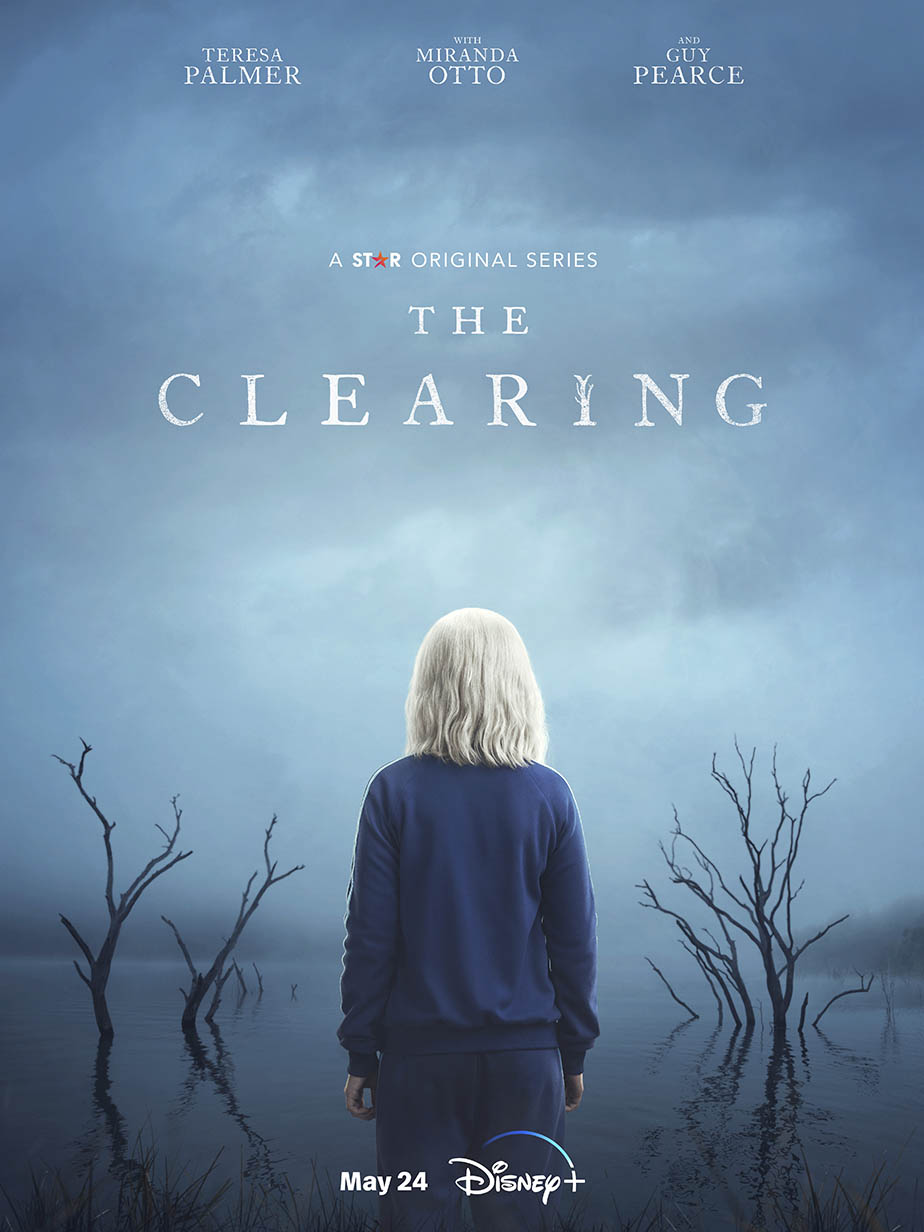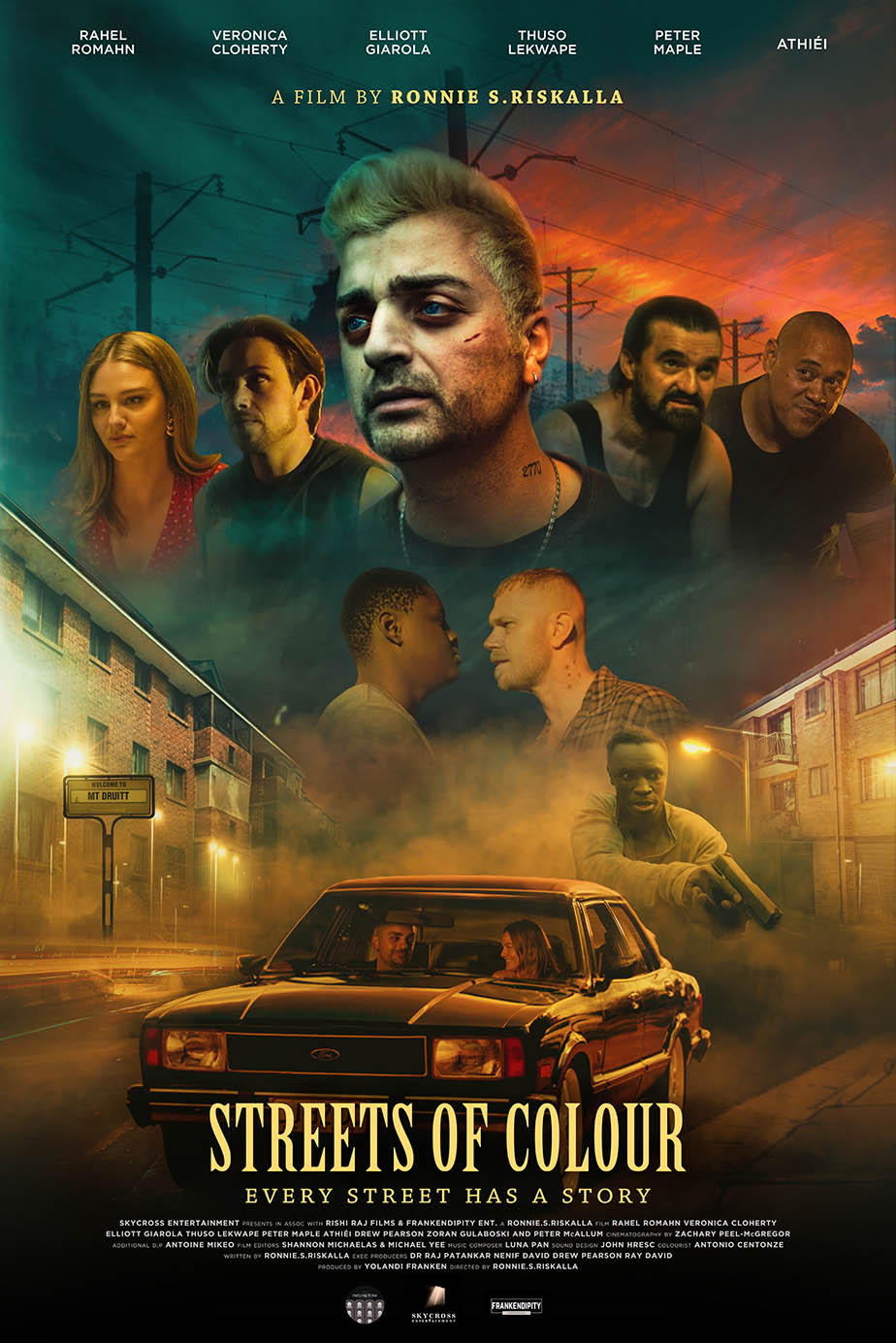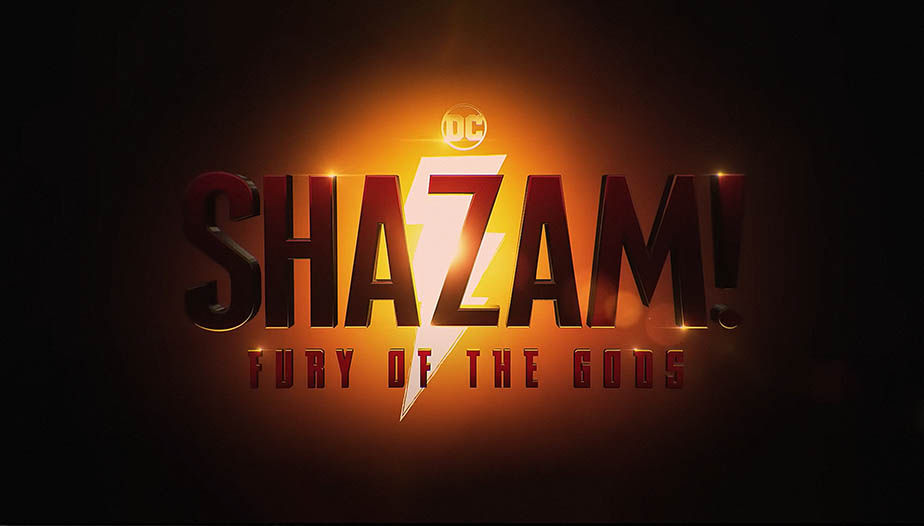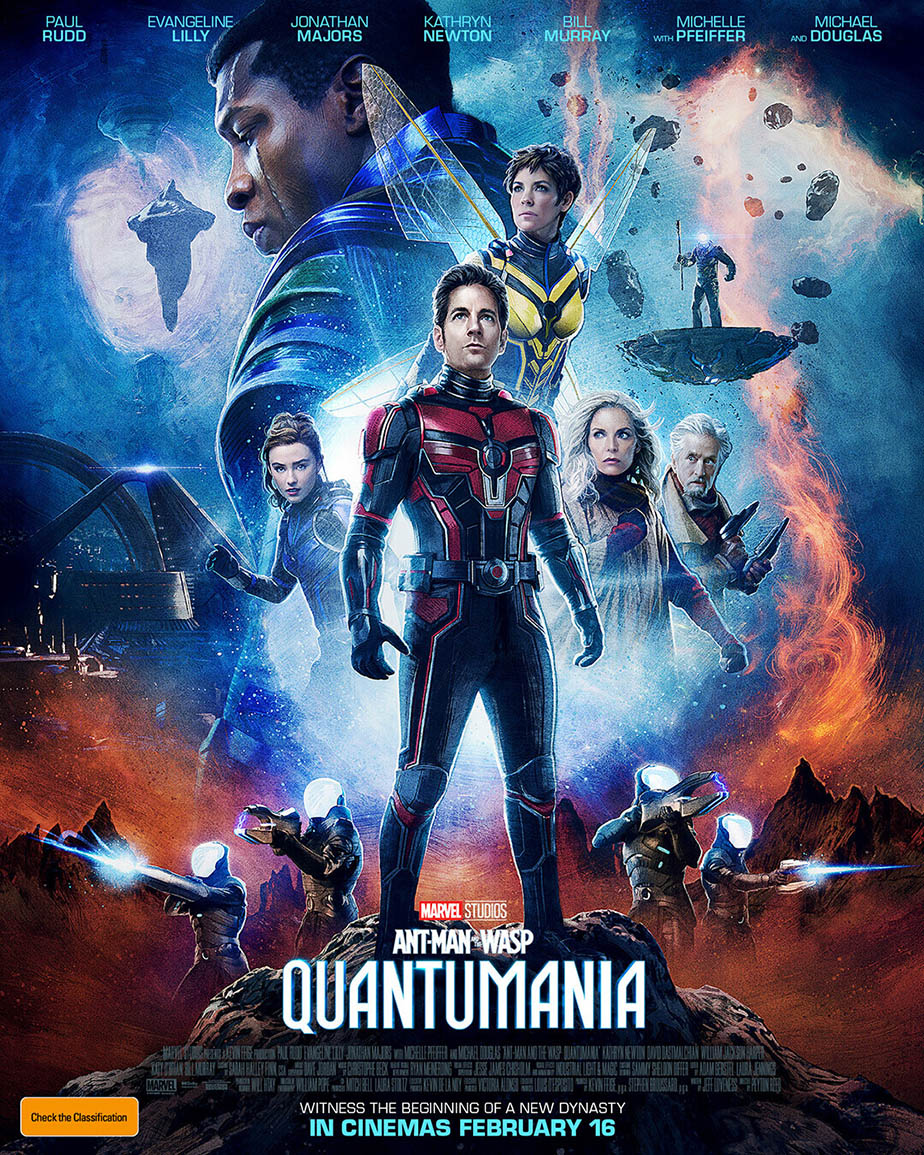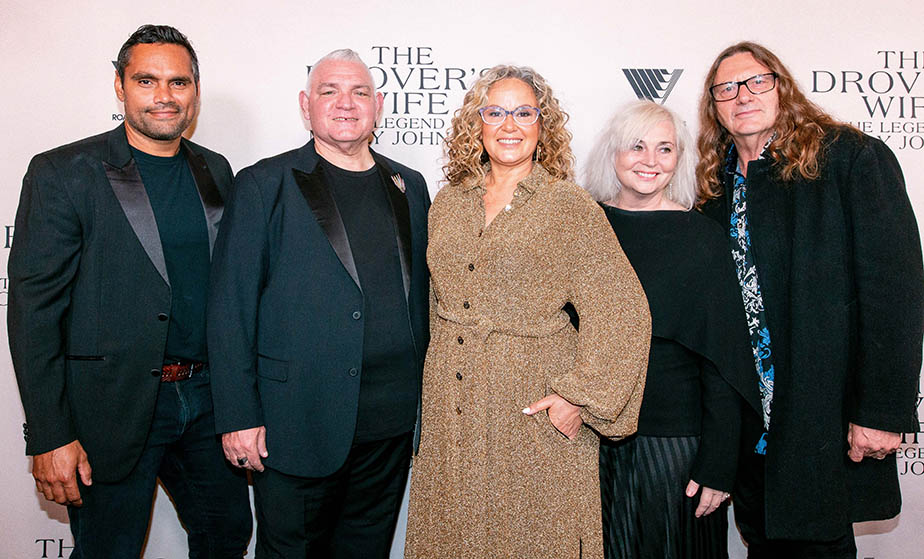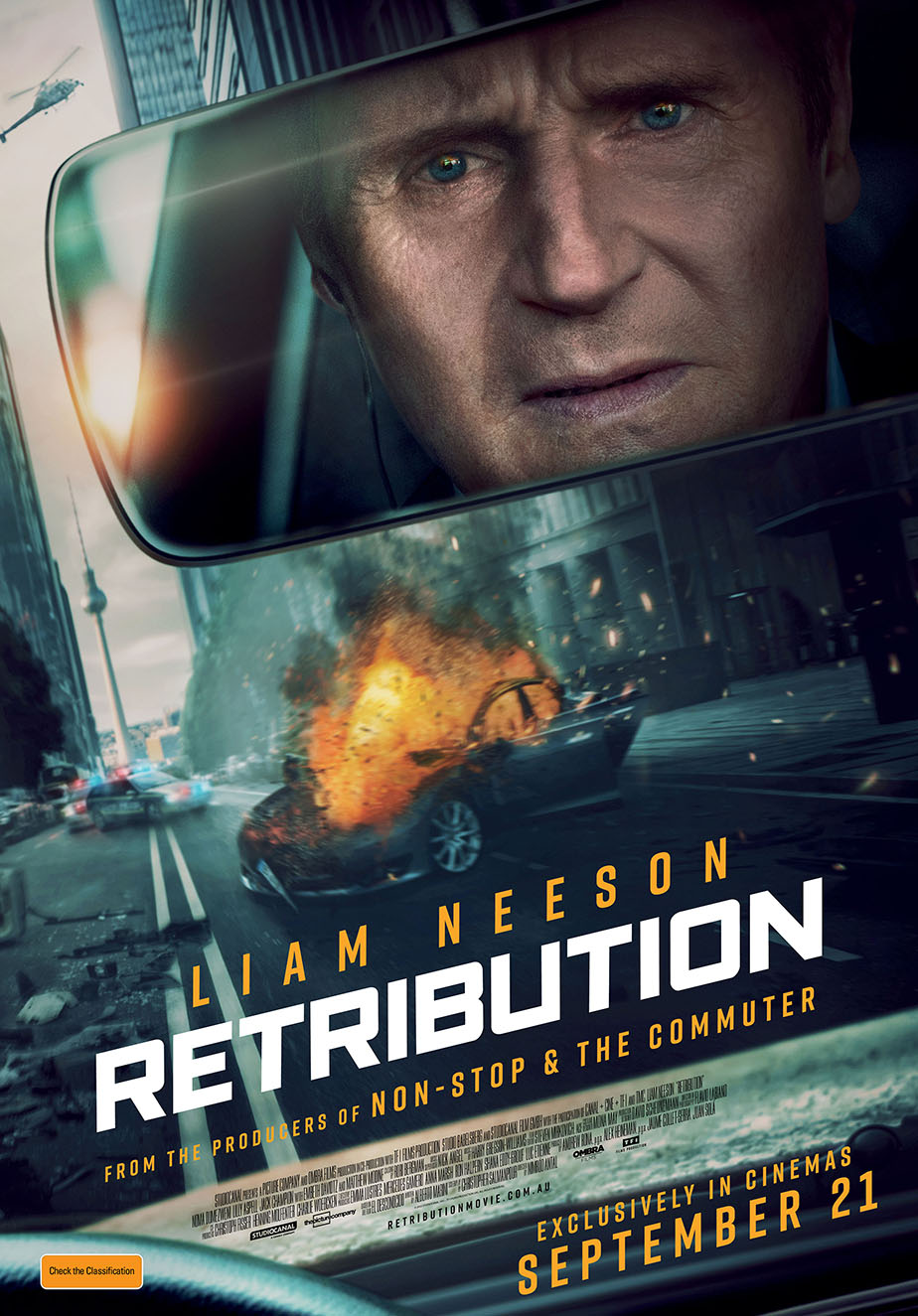
In the world of action thrillers, Liam Neeson has carved a niche for himself as a reliable and commanding presence. His latest venture, “Retribution,” promises a gripping hostage drama that unfolds within the confines of a car, pushing the boundaries of tension and suspense. As audiences buckle up for this high-stakes ride, Neeson’s portrayal of Matt Turner, a dedicated bank executive thrust into a life-altering situation, takes center stage.
A Familiar Tale with a Claustrophobic Twist
The storyline of “Retribution” revolves around Matt Turner, a committed professional whose dedication to his work eclipses his familial ties. The narrative takes a harrowing turn when Matt receives an ominous call while driving his children to school, unraveling a plot where a bomb is strategically placed beneath each car seat. As the anonymous caller coerces Matt into following their commands, the film introduces a premise that echoes the tension of the classic “Speed” but opts for a more confined and claustrophobic setting.
Neeson’s Charisma Dominates the Screen
Liam Neeson, known for his particular set of skills in the action thriller genre, delivers a formidable performance as Matt Turner. Neeson’s seasoned presence breathes life into the character, making Matt’s plight more tangible and compelling. While Matt may lack the overtly heroic qualities of some of Neeson’s iconic roles, the actor’s charisma elevates the film, making it a captivating watch.
A Supporting Cast that Holds Its Own
The supporting cast, featuring Embeth Davidtz as Matt’s wife, Lilly Aspell as the daughter, and Jack Champion as the rebellious son, delivers solid performances that complement the narrative. However, the true enigma lies in the unseen antagonist, whose mysterious voice keeps the audience in suspense, questioning the true nature of Neeson’s character.
Thrills and Pacing Excellence
“Retribution” excels in crafting an action-packed hostage drama within the confines of a car, maintaining relentless tension. The film’s pacing is commendable, offering a concise runtime that keeps viewers engaged. While the script could benefit from a bit more depth, the screenplay finds support in Flavio Labiano’s impressive camerawork and Steven Mirkovich’s sharp editing.
Hurdles in Execution and Communication
Set in Germany but spoken in English, the absence of subtitles during German-speaking portions may pose a challenge for some viewers seeking additional context. The film introduces a peculiar dynamic with the character of the Interpol female police boss, who holds crucial information yet remains resistant to Matt’s pleas for assistance. Additionally, a recurring issue is the persistent refusal of characters to heed Matt’s urgent appeals, creating moments of frustration for both the character and the audience.
A Riveting Cinematic Experience
While “Retribution” may not reinvent the action thriller genre, it offers a riveting and compact cinematic experience. The film’s masterful twist with the revelation of the antagonist and its visually impressive explosions add cinematic flair. Despite some narrative gaps, the film’s editing and brisk pacing maintain non-stop suspense.
Conclusion: A Solid Addition to Neeson’s Filmography
For fans of Liam Neeson, “Retribution” is a must-watch journey that showcases the actor’s enduring prowess, even if it doesn’t break new ground. The film’s tight 90-minute runtime ensures a brisk and electrifying ride, making it a solid addition to Neeson’s action-packed filmography. As Neeson’s charisma continues to dominate the screen, “Retribution” stands as a testament to his unwavering ability to keep audiences on the edge of their seats.


